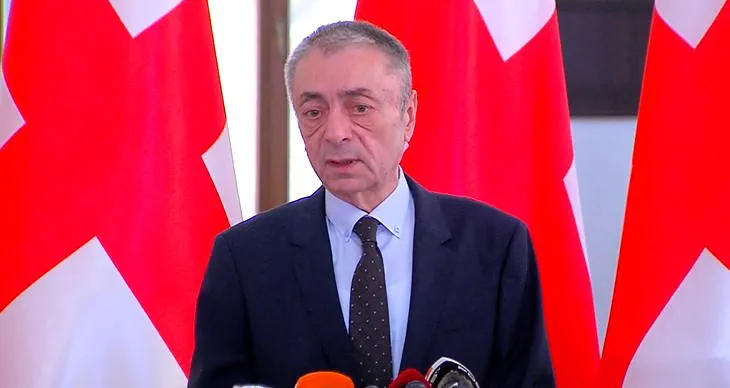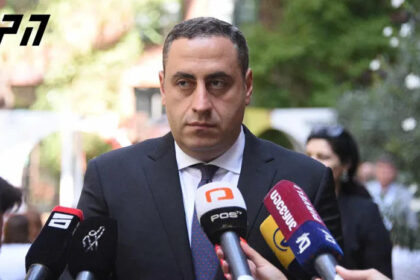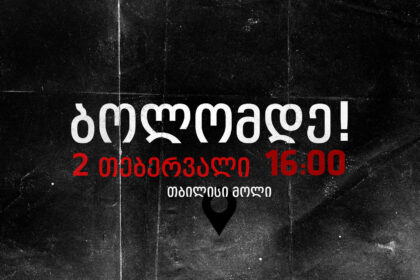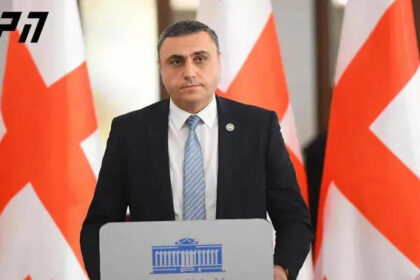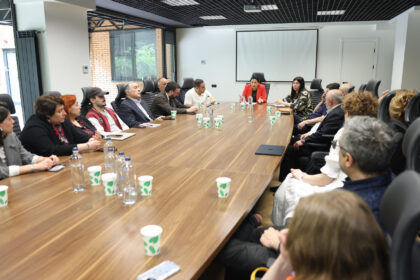**Georgian Authorities to Invite OSCE/ODIHR After Parliamentary Opposition Recognizes Previous Conclusion**
In a bold statement, Tengiz Sharmanashvili, a member of the parliamentary majority in Georgia, called on the opposition to recognize the conclusions of the Organization for Security and Co-operation in Europe (OSCE)/Office for Democratic Institutions and Human Rights (ODIHR) regarding the 2024 parliamentary elections. This move is crucial in determining whether OSCE/ODIHR will be invited to observe the upcoming local self-government elections.
According to Sharmanashvili, if the opposition truly considers OSCE/ODIHR an objective observer and their word decisive, they should acknowledge the organization’s previous conclusion on the 2024 parliamentary elections. This acknowledgment would demonstrate a willingness to work together and take OSCE/ODIHR’s recommendations seriously.
In its conclusion, OSCE/ODIHR recognized the 2024 parliamentary elections as competitive and provided recommendations for the Georgian authorities to improve certain aspects of the electoral process. By accepting this conclusion, the opposition would show that they value OSCE/ODIHR’s input and are committed to making improvements.
However, Sharmanashvili emphasized that it is essential for OSCE/ODIHR to respect its own self-image before engaging in further discussions with the Georgian authorities. He suggested that OSCE/ODIHR should first address the European Parliament, expressing their disappointment that the 2024 conclusion was not accepted and treated as insignificant.
**Commentary:**
Tengiz Sharmanashvili’s statement highlights the importance of consistency and integrity in international observer missions like OSCE/ODIHR. By recognizing previous conclusions and working together with local authorities, OSCE/ODIHR can build trust and credibility. In contrast, ignoring or dismissing their own recommendations can undermine their authority and effectiveness.
In the context of Georgia’s upcoming local self-government elections, Sharmanashvili’s call for recognition of OSCE/ODIHR’s previous conclusion is a pragmatic approach that acknowledges the organization’s role as an observer and advisor. By following this path, the Georgian authorities can demonstrate their commitment to transparency and accountability, while also ensuring a more constructive engagement with international observers.
**Deeper Analysis:**
The debate surrounding OSCE/ODIHR’s invitation to observe Georgia’s elections is not just about the technical aspects of electoral monitoring but also reflects deeper issues related to trust, credibility, and cooperation between local authorities and international organizations. By emphasizing the importance of recognizing previous conclusions, Sharmanashvili’s statement underscores the need for consistency and integrity in OSCE/ODIHR’s work.
Moreover, this exchange highlights the complex dynamics between Georgian authorities, opposition parties, and international observers like OSCE/ODIHR. The way these stakeholders interact can have significant implications for the electoral process, democratic development, and the country’s relations with the international community.
Read More @ www.interpressnews.ge




